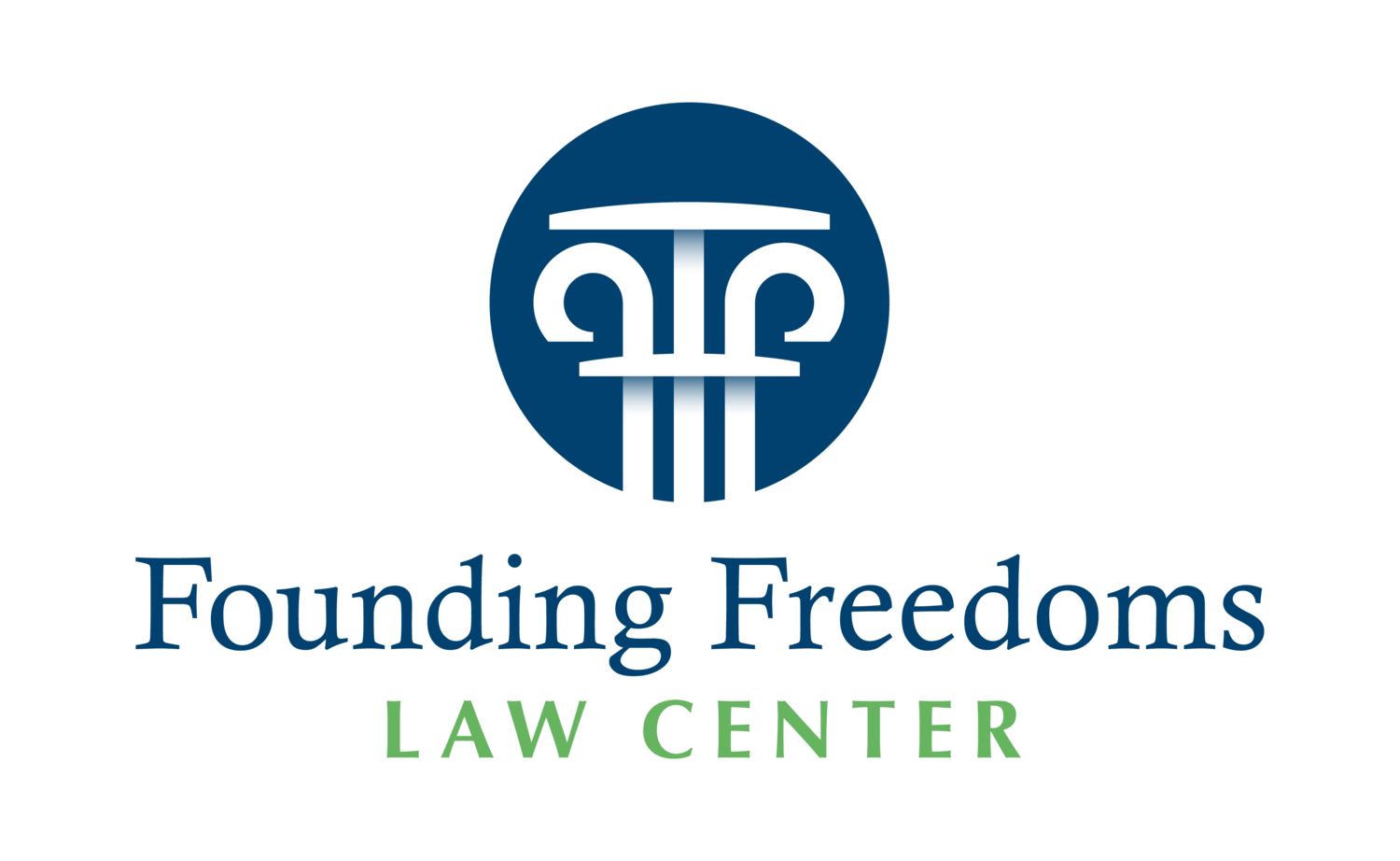Another Huge Victory for Religious Freedom and Free Speech!
Today, the U.S. Supreme Court handed down another significant win for religious freedom and free speech in Kennedy v. Bremerton School District. (The Family Foundation was proud to join an Amicus Brief to the Court in this case.)
As stated well by our friends at First Liberty, who argued the case: “In a 6-3 decision, the U.S. Supreme Court upheld the right of former high school football coach Joe Kennedy to take a knee in quiet prayer after football games even if he can be seen by students and the general public. Importantly, today’s decision respects the Constitutional rights of all public-school teachers and coaches to engage in a brief, personal prayer in public.” Listen to First Liberty's President, Kelly Shackelford, talk about the impact of this case at our recent Virginia Beach reception:
While the facts of the opinion were fairly narrow, the implications could be far-reaching. The Court held that “The Free Exercise and Free Speech Clauses of the First Amendment protect an individual engaging in a personal religious observance from government reprisal; the Constitution neither mandates nor permits the government to suppress such religious expression.”
The Court went on to emphasize: “Respect for religious expressions is indispensable to life in a free and diverse Republic. Here, a government entity sought to punish an individual for engaging in a personal religious observance, based on a mistaken view that it has a duty to suppress religious observances even as it allows comparable secular speech. The Constitution neither mandates nor tolerates that kind of discrimination.”
One of the biggest developments from this case came in the Court finally declaring the infamous “Lemon test” to no longer be valid when determining whether a government’s action rises to the level of an “establishment of religion” prohibited by the First Amendment. That unworkable test called for an examination of the government action’s purposes, effects, and potential for entanglement with religion, and eventually came to involve estimations about whether a “reasonable observer” would consider the government’s challenged action an “endorsement” of religion. Now, the Court will interpret Establishment Clause questions simply by “reference to historical practices and understandings.”
We look forward to seeing – and through our Founding Freedoms Law Center, participating in – how the Court’s decision will be applied in other cases involving religious exercise and free speech. For now, this is definitely one to celebrate!

